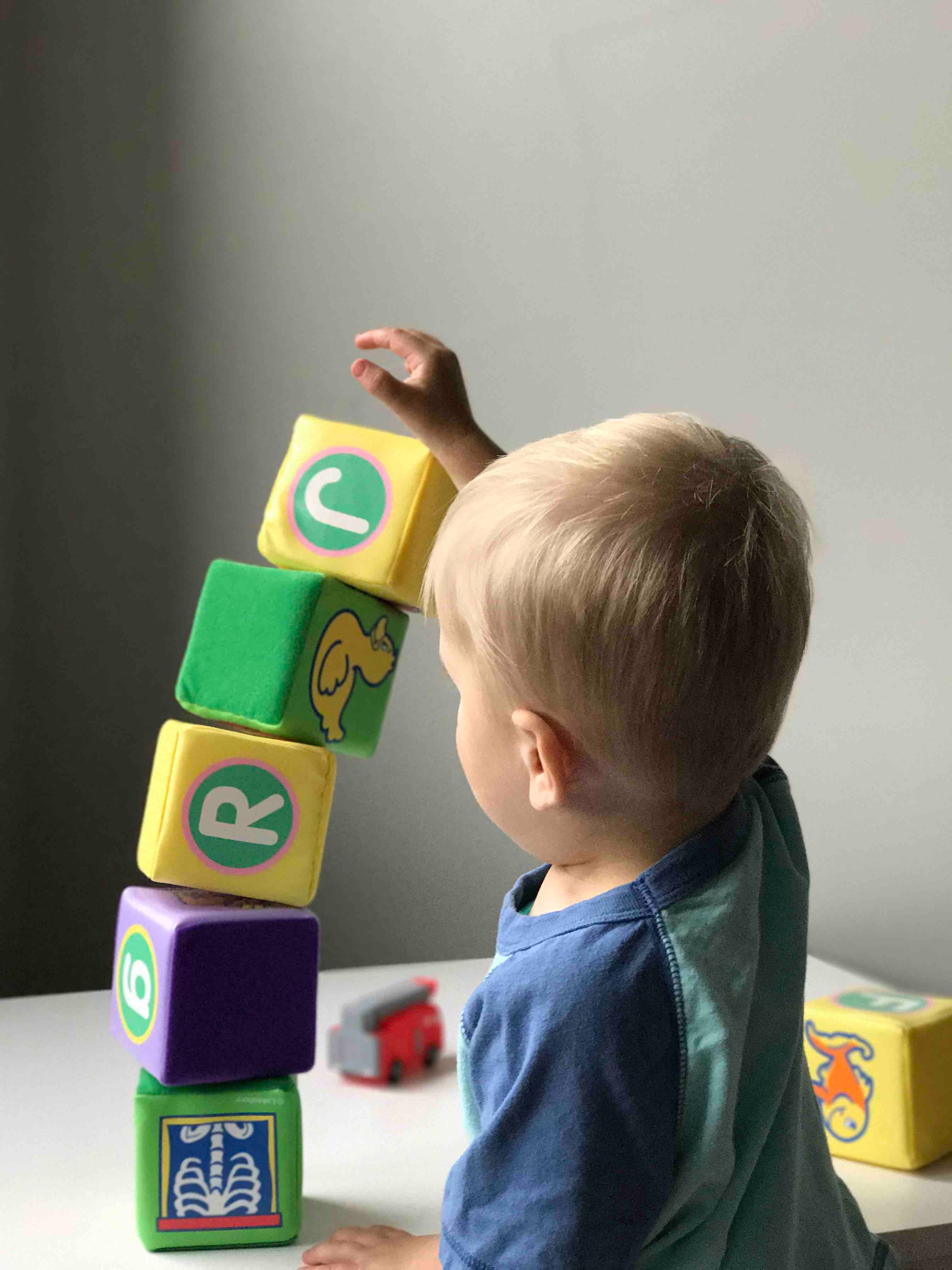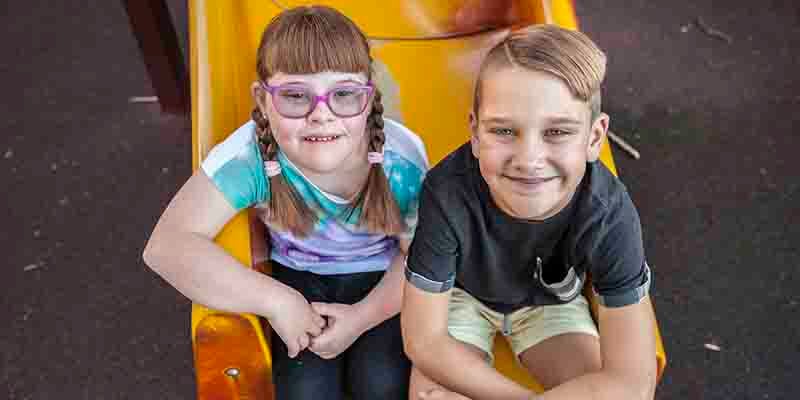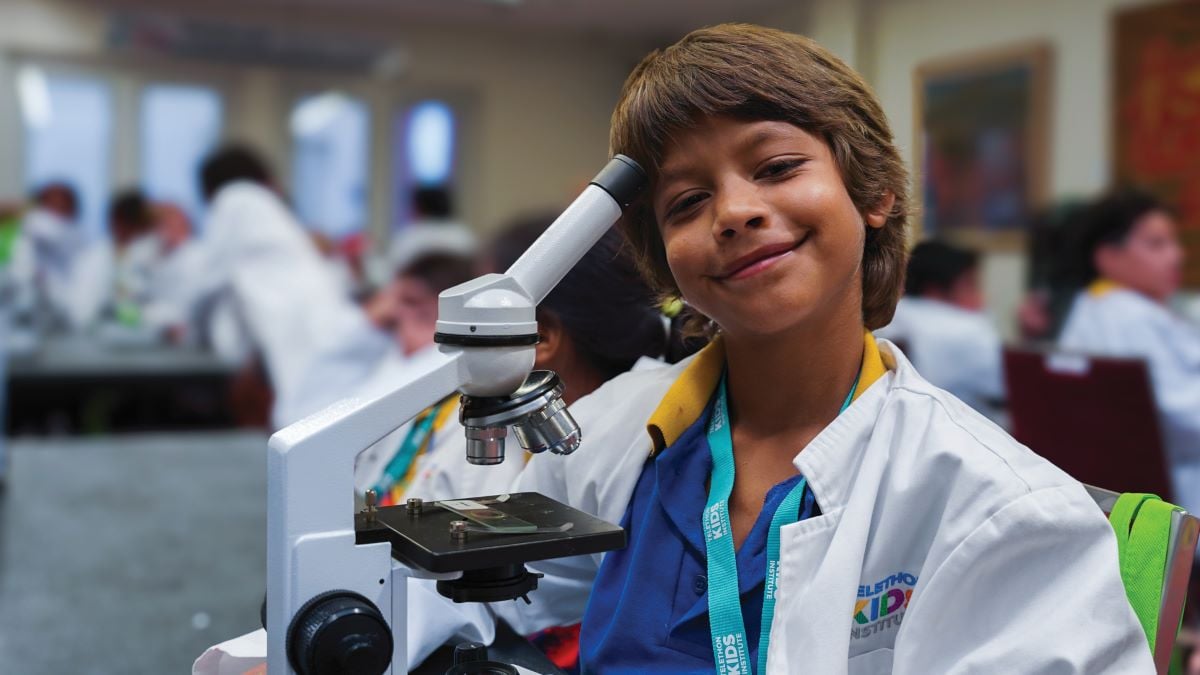Search
Showing results for "3"
Research
Genetic susceptibility to otitis media in childhoodReviewed in this article these studies have identified positive association at 21 genes with association at five of these replicated in independent populations.
Research
Educational inequality across three generations in AustraliaUsing a dataset of Australian children, we have the opportunity to not only investigate the transfer of educational resources across 3 generations in Australia.
Research
Environmental enrichment intervention for Rett syndrome: An individually randomised stepped wedge trialWe investigated the effects of environmental enrichment on gross motor skills and blood BDNF levels in girls with Rett syndrome.
Research
Genetic and functional evidence implicating DLL1 as the gene that influences susceptibilityVisceral leishmaniasis (VL) is caused by Leishmania donovani and Leishmania infantum chagasi. Genome-wide linkage studies from Sudan and Brazil identified...

News & Events
How learning to talk is in the genesResearchers from Perth's The Kids Research Institute Australia have been part of an international study that has found that genetic factors contribute to the development of l

News & Events
What life is like living with type 1 diabetesEvery decision a child with type 1 diabetes makes can impact on their blood glucose levels.

News & Events
The Kids STEM Festival returns for two days of free family fun in BroomeThe Kids Research Institute Australia will return to the Kimberley in May for the Broome STEM Festival, promising two fun-filled days of hands-on science activities for local families to experience.
Research
Down syndrome-associated leukaemias: current evidence and challengesChildren with Down syndrome (DS) are at increased risk of developing haematological malignancies, in particular acute megakaryoblastic leukaemia and acute lymphoblastic leukaemia. The microenvironment established by abnormal haematopoiesis driven by trisomy 21 is compounded by additional genetic and epigenetic changes that can drive leukaemogenesis in patients with DS.
Research
Psychosocial Outcomes in Parents of Children with Acute Lymphoblastic Leukaemia in Australia and New Zealand Through and Beyond TreatmentParents of children with acute lymphoblastic leukaemia (ALL) experience emotional distress throughout their child's treatment course. This study describes the psychological experience of Australian and New Zealand parents of children diagnosed with ALL.
Research
Building BridgesGlenn Pearson BA (Education) PhD Candidate Director of First Nations Strategy and Leadership; Head, First Nations Health and Equity Research Director
